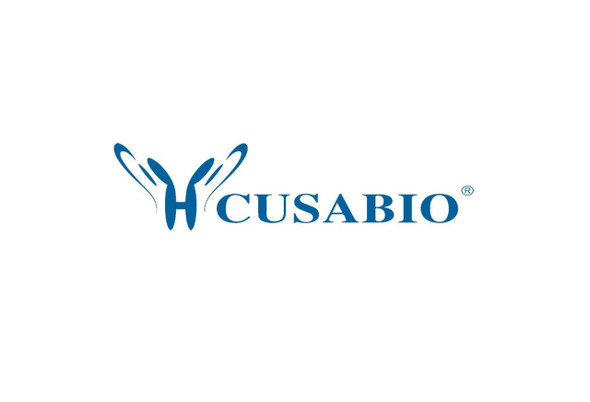Cusabio Polyclonal Antibodies
fbpB Antibody, Biotin conjugated | CSB-PA324138LD01MKZ
- SKU:
- CSB-PA324138LD01MKZ
- Availability:
- 3 to 7 Working Days
Description
fbpB Antibody, Biotin conjugated | CSB-PA324138LD01MKZ | Cusabio
fbpB Antibody, Biotin conjugated is Available at Gentaur Genprice with the fastest delivery.
Online Order Payment is possible or send quotation to info@gentaur.com.
Product Type: Polyclonal Antibody
Target Names: fbpB
Aliases: Diacylglycerol acyltransferase/mycolyltransferase Ag85B (DGAT) (EC 2.3.1.122) (EC 2.3.1.20) (30 kDa extracellular protein) (Acyl-CoA: diacylglycerol acyltransferase) (Antigen 85 complex B) (85B) (Ag85B) (Extracellular alpha-antigen) (Fibronectin-binding protein B) (Fbps B), fbpB
Background: The antigen 85 proteins (FbpA, FbpB, FbpC) are responsible for the high affinity of mycobacteria for fibronectin, a large adhesive glycoprotein, which facilitates the attachment of M.tuberculosis to murine alveolar macrophages (AMs) . They also help to maintain the integrity of the cell wall by catalyzing the transfer of mycolic acids to cell wall arabinogalactan and through the synthesis of alpha, alpha-trehalose dimycolate (TDM, cord factor) . They catalyze the transfer of a mycoloyl residue from one molecule of alpha, alpha-trehalose monomycolate (TMM) to another TMM, leading to the formation of TDM (By similarity) .
Isotype: IgG
Conjugate: Biotin
Clonality: Polyclonal
Uniport ID: P21160
Host Species: Rabbit
Species Reactivity: Mycobacterium kansasii
Immunogen: Recombinant Mycobacterium kansasii Diacylglycerol acyltransferase/mycolyltransferase Ag85B protein (41-325AA)
Immunogen Species: Mycobacterium kansasii
Applications: ELISA
Tested Applications: ELISA
Purification Method: >95%, Protein G purified
Dilution Ratio1:
Dilution Ratio2:
Dilution Ratio3:
Dilution Ratio4:
Dilution Ratio5:
Dilution Ratio6:
Buffer: Preservative: 0.03% Proclin 300
Constituents: 50% Glycerol, 0.01M PBS, pH 7.4
Form: Liquid
Storage: Upon receipt, store at -20°C or -80°C. Avoid repeated freeze.
Initial Research Areas: N/A
Research Areas: N A






